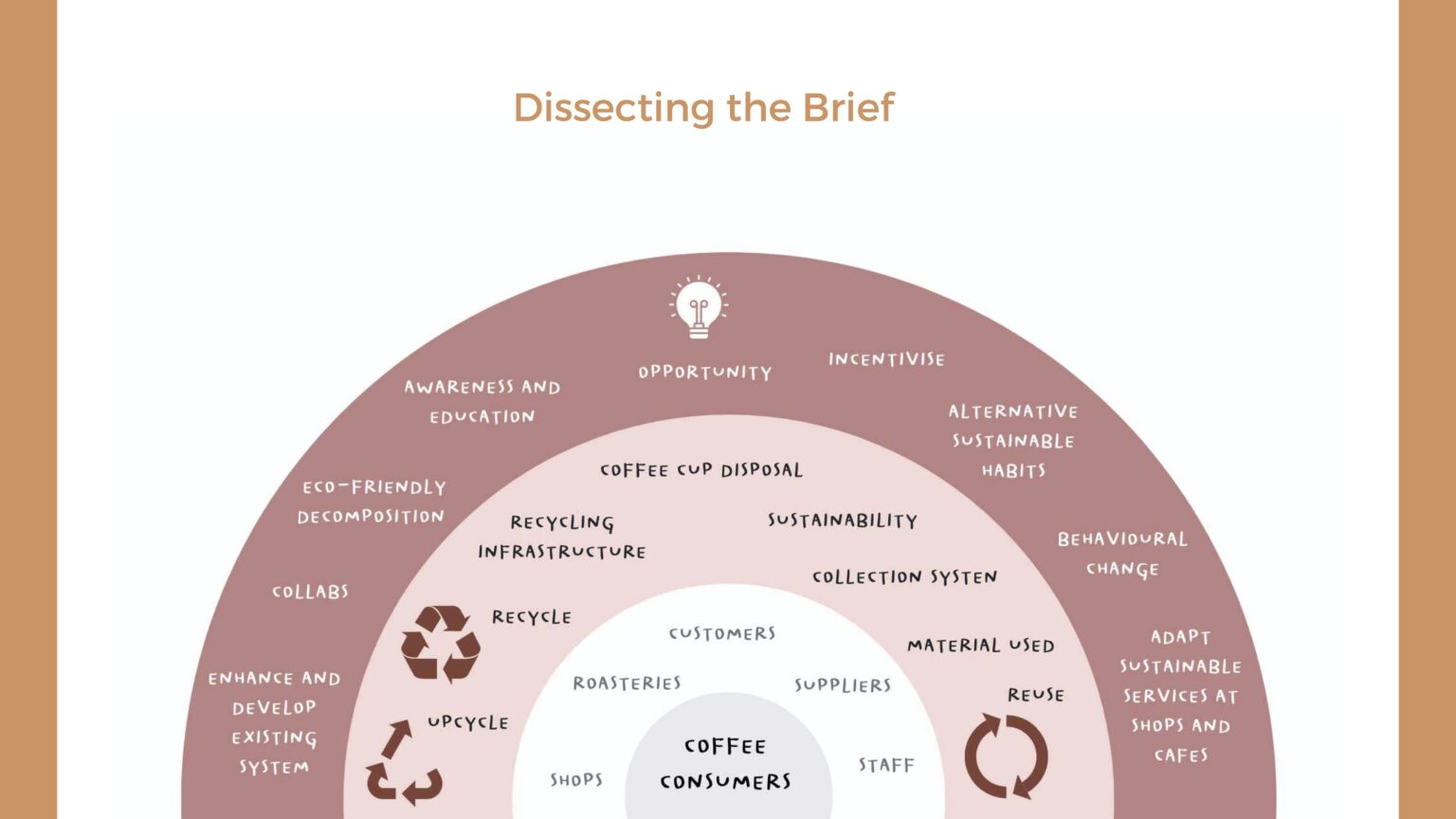Tanvi Pankaj Kumar (She/Her)

Creative Enterprise Awardee 2022-23.
I am a designer with an interesting background in Industrial and Service Design. I have a proven track record of success in developing innovative and user-friendly products and services while focusing on a human-centric approach, user testing and reiterating when required. My practice tends to blend empathy, accessibility and a realistic design strategy to design solutions that have a positive impact on society, create products and services that are sustainable and equitable and advocate for social change by working with communities to co-design. I am driven by the
My recent projects focus on creating transformative, impactful yet easy-to-adapt changes in the fields of unfair finances in the UK, sustainability, and packaging projects for FMCG brands.
My thesis I work on the development of an innovational and sustainable intervention that focuses on individual-level consumer-based drivers of behaviour change to address challenges associated with the coffee industry and waste disposal issues with the consumer behaviour of the takeaway coffee culture.

Crush Cup : Revival of the Terracotta
CRUSH CUP: THE REVIVAL OF TERRACOTTA
Winner of the Creative Enterprise Award 2022-23.
This study proposes the development of an innovational and sustainable intervention that focuses on individual-level consumer-based drivers of behaviour change to address challenges associated with takeaway culture in the coffee industry.
Crush Cup is a master’s thesis project that explores the possibility of solving the coffee cup disposal problem which seems to only be increasing with urbanisation and modern lifestyles.
Introduction: The project revolves around the idea of the takeaway culture and its increasing popularity. The UK is facing a serious coffee cup waste problem. Every year, over 2.5 billion disposable coffee cups are used and discarded, and only a tiny fraction of these are recycled. This means that the vast majority of coffee cups end up in landfill, where they can take hundreds of years to decompose. The problem with coffee cup waste is twofold. First, the cups are made from a combination of paper and plastic, which makes them difficult to recycle. Second, the cups are often coated with a thin layer of wax or plastic to make them waterproof, which further complicates the recycling process.
Inspiration: The concept revolves around introducing terracotta cups as an environmentally conscious substitute for disposable coffee cups. Drawing inspiration from India’s traditional tea culture, specifically the kullads and Bhar cups, this proposal aims to establish a sustainable service paradigm for daily coffee consumers.
Why this design: Unlike the prevalent use of plastics, these handmade clay cups, once omnipresent at India’s railway stations and street corners, offer a biodegradable alternative. The cups are renowned for enhancing the tea’s flavor and concluding each beverage ceremoniously, with a customary crushing post-use.
Concept benefits: Given the absence of generational pottery traditions in the UK, technology-driven mass production becomes pivotal.
Leveraging clay 3D printing technology.
Cups can be customized to meet industry standards, accommodating hot or cold beverages, takeout, and dine-in preferences.
Innovative approach streamlines service with one material and enhances temperature control.
Disposal options include garden composting or designated bins, promoting eco-friendly practices.
Infusing coffee essence involves repurposing used coffee grounds, dried and finely blended into the clay matrix.
Encapsulates sustainability from production to use.

Takeaway consumers in the UK: stats






















